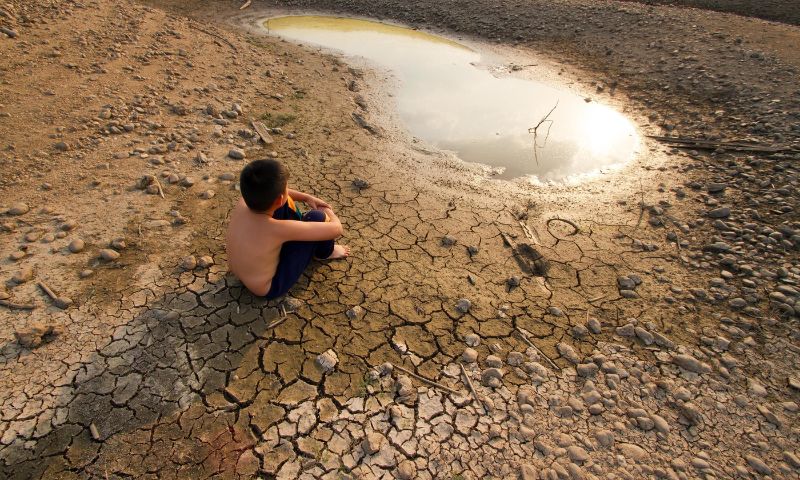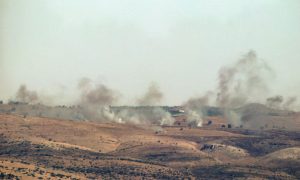GENEVA: In a recent seminar attended by international experts, human rights activists, diplomats, and academicians from around the world, the speakers shed light on the devastating effects of climate change on human lives, emphasizing the pressing need for collective action to protect vulnerable populations in conflict-ridden areas.
Moderated by Sardar Amjad Yousaf Khan, Executive Director of the Kashmir Institute of International Relations (KIIR), the seminar delved into the multifaceted challenges posed by climate change in regions marked by political conflicts, violence, and heavy militarization. The speakers included Dr Imtiyaz Khan from the US, Dr Syed Waqas Ali Kausar from the National University of Modern Languages (NUML), Leon Sue, an American human rights activist, Dr Saira Farooq Shah from the Mirpur University of Science and Technology (MUST), Syed Muhammad Ali, a strategic expert, and Ms Fatima Waheed from the National Defence University (NDU).
Characterizing climate change as a global crisis, the speakers underscored the severe threat it poses to communities living in conflict-affected regions. These communities face a myriad of challenges and vulnerabilities compounded by political conflicts, violence, and militarization.
The region of Jammu and Kashmir, which is illegally occupied by India, was identified as one of the most severely affected areas in the world, where climate change has manifested in various detrimental ways.
The speakers pointed out that Kashmir is particularly vulnerable to climate change, experiencing fluctuating temperatures, melting glaciers, and incessant rains leading to flash floods. These climatic changes have wreaked havoc on key sectors of the region’s economy and have resulted in severe water shortages, adversely affecting agriculture and food supply.
They highlighted the significant decrease in groundwater levels in Kashmir, affecting not only agriculture but also the region’s wetlands. These wetlands, home to hundreds of bird species throughout the year, have also been impacted by climate change.
Citing a report on the Himalayan region’s climate change impacts, the speakers stressed that the United Nations-designated disputed territory is host to some of the world’s highest snow peaks, glaciers, and river systems, a dimension that has been largely neglected amidst ongoing conflict.
In a striking observation, the speakers noted that while climate change can act as a driver of conflict, in the case of Jammu and Kashmir, the conflict itself has the potential to drive climate change. The concentration of troops in the environmentally fragile region, with over nine hundred thousand Indian troops armed with heavy artillery, emerged as a significant factor contributing to serious climatic issues.
The speakers urged developed countries to step up their support for climate-vulnerable nations, enhancing their capacity to respond to disasters and climate-related challenges. They called for concerted efforts, robust initiatives, and a broader regional approach to address the climate crisis.
Emphasizing the importance of collaboration between communities and state institutions, the speakers stressed the need for early warning systems and cross-border data-sharing mechanisms to minimize losses during natural calamities.
























